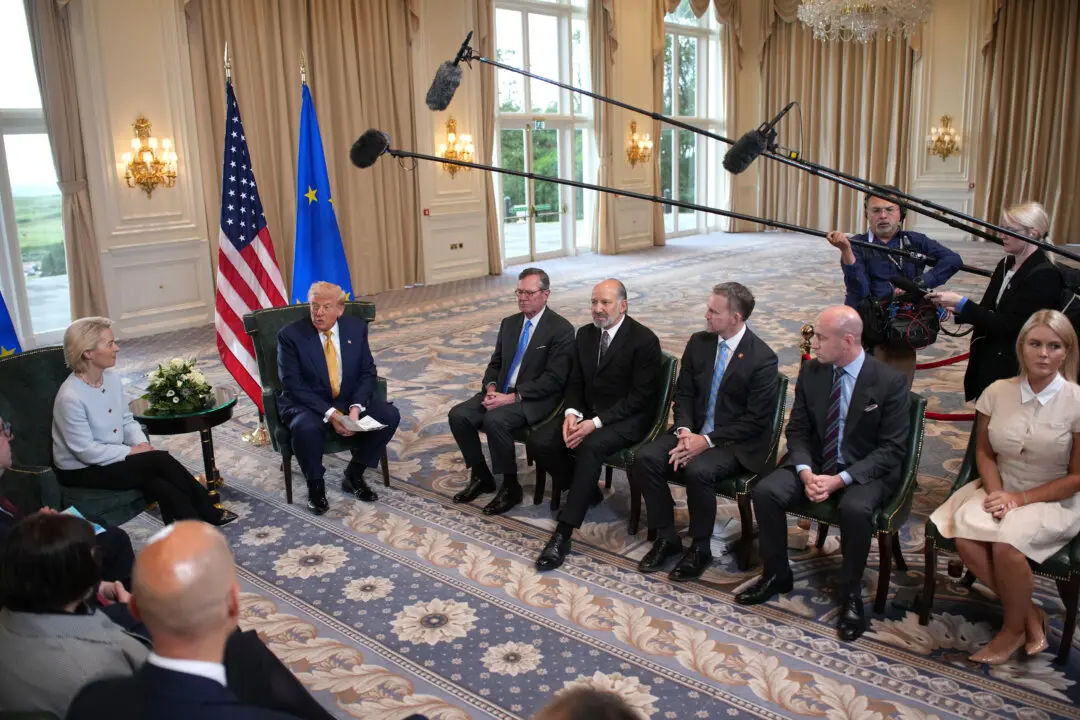Commentary
Things aren’t looking good for globalism these days. With President Donald Trump signing the “Hong Kong Human Rights and Democracy Act of 2019,” any pretense of a trade deal being signed by the United States and China before Dec. 15 is out the window.





